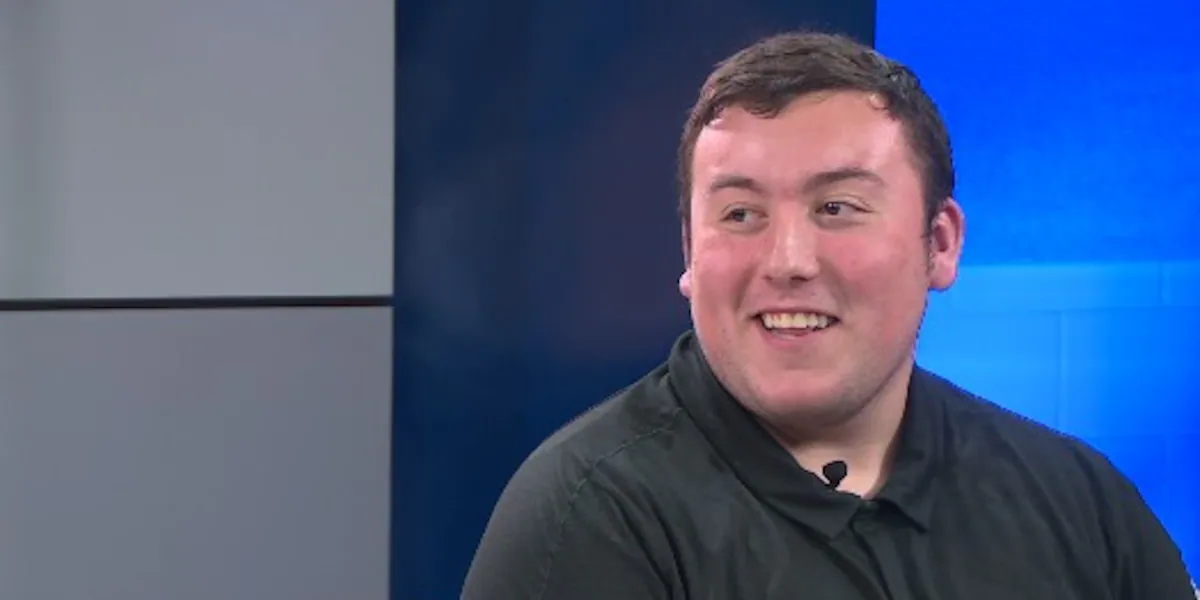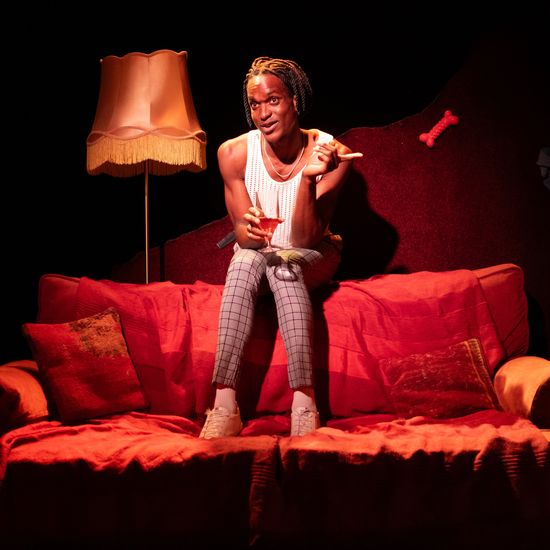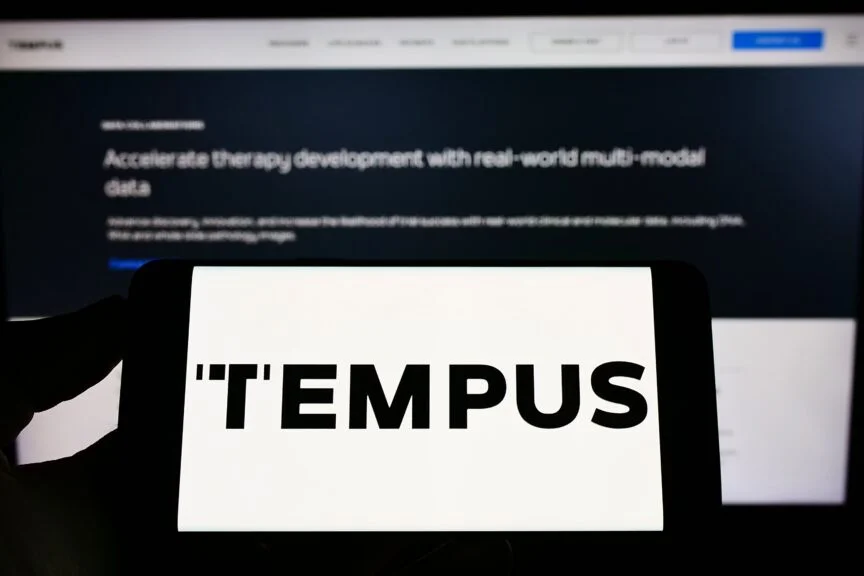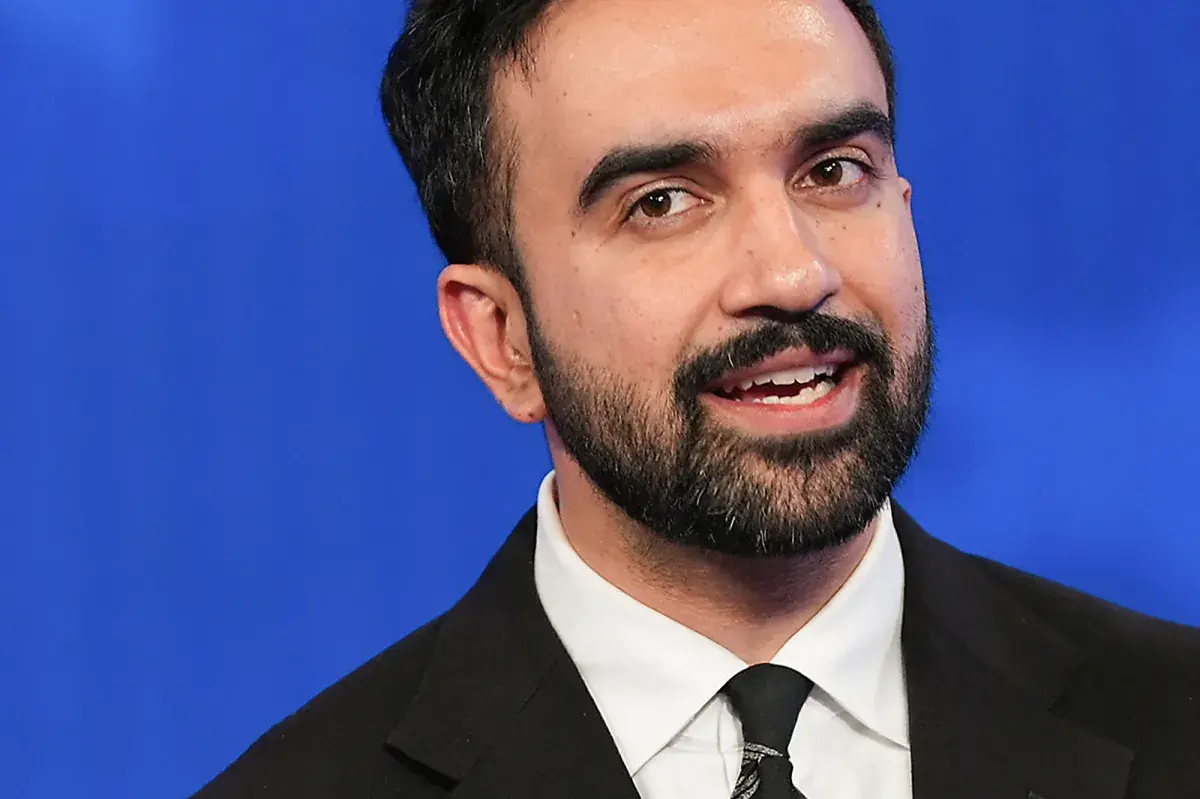Copyright scmp
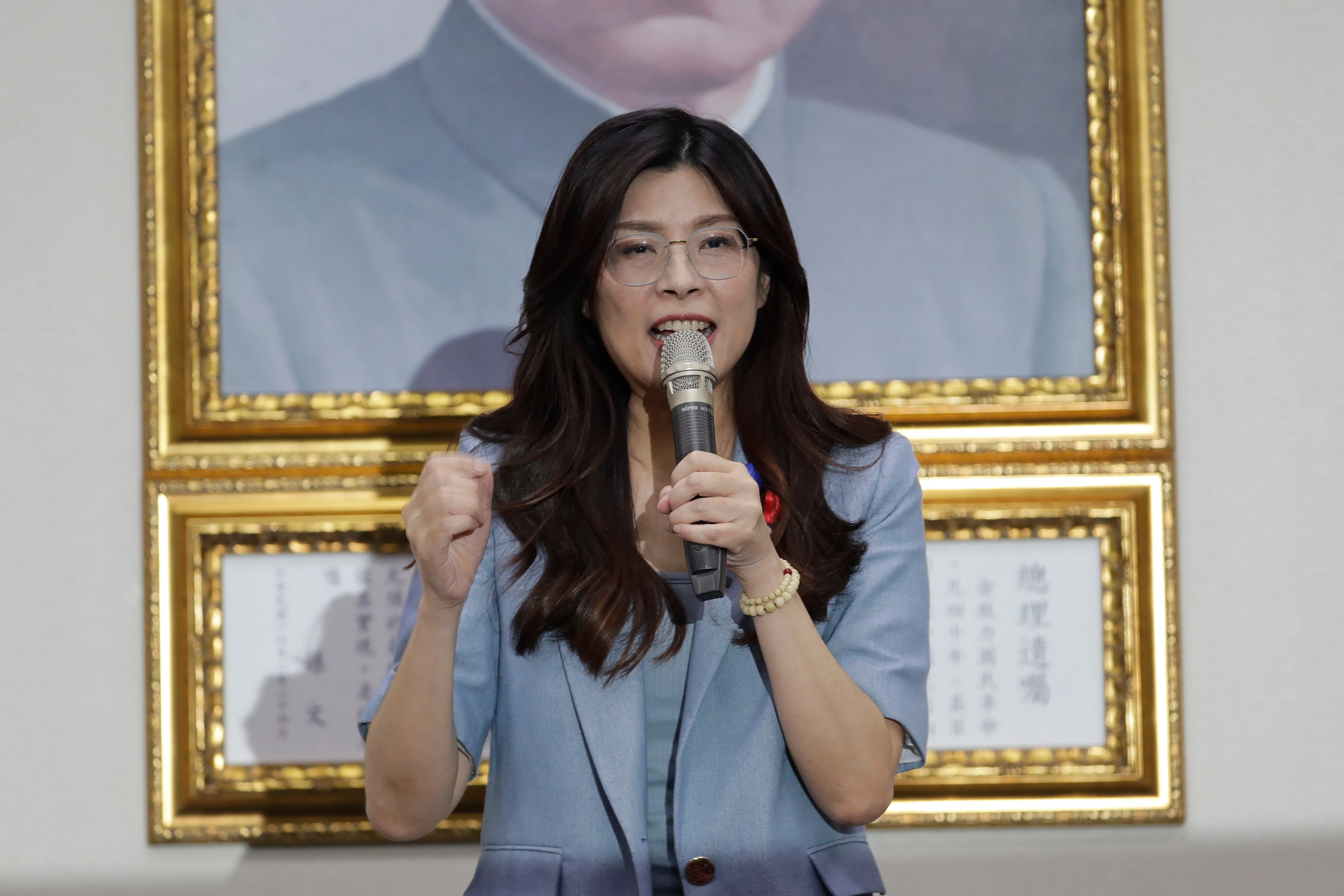
The choice of an outspoken former legislator as chairwoman of Taiwan’s biggest opposition party may address the growing internal fatigue with the Kuomintang’s (KMT) old guard, but analysts warn it is far from certain that what appealed to members will win over mainstream voters. Cheng Li-wun, a 55-year-old with roots in street activism and an early career inside the independence-leaning Democratic Progressive Party (DPP), defeated 73-year-old heavyweight Hau Lung-bin in last weekend’s election to pick the KMT’s new party chair. Her unexpected victory was seen as a sign of members’ fatigue with the party’s old guard and frustration after nearly a decade out of power. Next year’s local elections will be the first test of whether her Beijing-friendly instincts can help revive the party’s fortunes, to be followed by elections to pick the island’s leader in 2028. “Her win reflects growing impatience among members who want new blood after more than nine years in opposition,” a senior KMT official said, speaking on condition of anonymity. “Her fearless and outspoken image resonates with members eager for a fighter who can take on the DPP both in the legislature and on television talk shows.” Yet the same official conceded a sobering reality. Cheng secured 65,122 votes, or 50.15 per cent, in a contest that laid bare both her appeal to restless members and the party’s shrinking base. Turnout was 39.46 per cent among 331,145 eligible party members – the lowest total for any winning KMT chair since direct elections began in 2001. Analysts said the figures highlighted an awkward truth: the electorate that selected her is older, smaller and far from representative of the 4 to 5 million voters who supported KMT presidential candidates between 2016 and 2024. Cheng ran as a self-styled “combat chair”, pledging to halt what she called the KMT’s drift to the centre. Declaring bluntly, “I am Chinese”, she vowed to make cross-strait peace and social stability the cornerstones of a KMT comeback. But Huang Huei-hua, director of the Taiwan Global Talk think tank, said: “Her declaration that ‘Taiwanese should be proud to call themselves Chinese’ goes well beyond mainstream opinion.” “Members hope a maverick chair can bring new hope, but her non-mainstream views could also drag the KMT further from power. It’s paradoxical – electing a fighter to save the party may end up creating new predicaments.” After her victory, Cheng received a congratulatory message from President Xi Jinping, who hailed the KMT’s previous cooperation with the mainland Chinese authorities and opposition to Taiwanese independence, and urged both sides to “advance national reunification” and “create a brighter future for the Chinese nation”. Both Xi’s message and Cheng’s reply referred to the 1992 consensus, an informal understanding that both sides agree there is only one China but may disagree on what that means. She said that on that basis, the two parties had achieved “historic milestones” in promoting peaceful development across the Taiwan Strait. She said both sides – “descendants of the Yan and Yellow emperors” – should strengthen cooperation, maintain stability, and “open a grand new chapter for the rejuvenation of the Chinese nation”. Critics warned that the near-identical language used by Cheng and Xi underlined the risks of a KMT chairwoman who is seen as being closer to Beijing than any of her predecessors. The ruling DPP said there had been “suspected interference” by Beijing in the vote and urged Cheng to place Taiwan’s security “above party interests”. Claire Wang Wan-yu, the leader of the pro-independence New Power Party, called her stance “pro-China” and warned it would push the KMT further from mainstream opinion. Cheng dismissed such criticisms as “cheap” and part of the “toxic habits of Taiwanese politics that voters are tired of”. On a radio show on October 19, she said she wanted to restore rational debate, insisting that Taiwan’s 23 million people “share one destiny”. “If the Republic of China [Taiwan’s official title] were destroyed, no one would benefit – under a fallen nest, no egg remains intact,” she said, adding that safeguarding it “should not be the KMT’s effort alone”. She urged the government to focus on stagnant wages, industrial competitiveness and opportunities for the young – issues “more urgent than ritualised red-tagging” – a reference to the practice of accusing political opponents of being “reds”, or communists. Asked if she would meet Xi, Cheng replied: “Of course – if it could ease tensions and promote peaceful cooperation. I am willing to do any work and meet anyone to help resolve differences and advance cross-strait peace.” Beijing, which views Taiwan as a part of China to be reunited by force if necessary, has welcomed the overture. Zhu Fenglian, a spokeswoman for the State Council’s Taiwan Affairs Office, said the mainland was ready “to strengthen high-level exchanges with the KMT, consolidate mutual trust and maintain positive interaction”. Most countries – including the US, Taiwan’s main arms supplier – do not recognise the self-governed island as an independent state. Washington, however, is opposed to any attempt to take the island by force. Analysts said the election exposed the KMT’s deep divisions over cross-strait policy. Compared with those of outgoing chair Eric Chu Li-luan, as well as his predecessors Wu Den-yih and Johnny Chiang, Cheng’s position was clearly less Taiwan-centred. Party veterans shared the unease. Jaw Shaw-kong, a former KMT legislator turned popular talk show host who backed Hau, said Cheng must “push much harder on reform and curb pro-China forces” if she expected to lead mayors, county chiefs and lawmakers. “Otherwise orders from party headquarters will not carry,” he warned. “Her challenges are formidable. She must heal the party after a bruising contest, decide how far and how fast to engage Beijing, and forge deeper cooperation with the smaller opposition Taiwan People’s Party (TPP) to counter the DPP in the legislature,” Huang said. “Failure in next year’s local elections could shorten her tenure.” Several academics said Cheng’s rise had closed the chapter on the KMT’s five-year experiment with centrism, when Chu and Chiang tried to appeal to more mainstream voters by toning down the Beijing-friendly rhetoric. Tso Chen-dong, a political scientist from National Taiwan University, said Cheng’s win “formally ends the moderate tack attempted under Chu and Chiang” since 2020, proving that “moving towards the centre” did not have broad support among party members. Her election, he added, highlighted a widening gap between “party will” and “public will”. If she governed only for those who elected her, the KMT would “drift even further from the swing voters it needs to regain majority trust”. Michael You Ying-lung, chairman of the Taiwanese Public Opinion Foundation, a pollster, called Cheng’s victory a “super shock”. “The century-old KMT stands at a historic crossroads, facing an unprecedented transformation,” he said. “Many in the party are stunned and will need time to adjust.” He warned that party doctrine must never override public will, saying: “If statements such as ‘We are all Chinese’ are repeated, the KMT will be finished soon – there will be no need to talk about 2026 or 2028.” Others predicted that pragmatism would pull Cheng back towards the middle. Dennis Lu-chung Weng, associate professor of political science at Sam Houston State University in Texas, told the BBC that while Cheng projected friendliness towards Beijing, she surely knew mainstream Taiwanese voters would remain wary. He predicted that she would soften her rhetoric but maintain a consistent policy of “engagement without echoing” by using language that expressed goodwill, but in reality would not get too close to Beijing. “If she wants to bring the KMT back to the mainstream stage, she must adjust her discourse – downplay unification, emphasise peace, stability and exchanges,” he said. “That is not just tactical; it’s essential for the party’s survival.” Observers said that when Cheng formally took the helm next month, she would inherit a party that had struggled to raise funds and maintain unity since losing power in 2016. Her father, a former KMT army officer from Yunnan, symbolises the party’s mainland roots, but her task is to modernise that legacy for an electorate that increasingly defines itself as Taiwanese. The 2028 leadership race looms equally large, with some veteran and local KMT figures fearing that Cheng might enter the contest herself. Taiwan Global Talk’s Huang said that if she did, that could complicate the prospects of Taichung mayor Lu Shiow-yen, widely viewed as the party’s strongest contender. Cheng has yet to rule herself out, saying only that the KMT “respects rules and systems” and that “there may be more than one ideal candidate who is the people’s choice”. Cutting across the partisan crossfire, TPP chairman Huang Kuo-chang extended an early olive branch to Cheng, urging “deeper policy dialogue and a model of joint governance” between the two parties, whose combined votes command a majority in the legislature.
